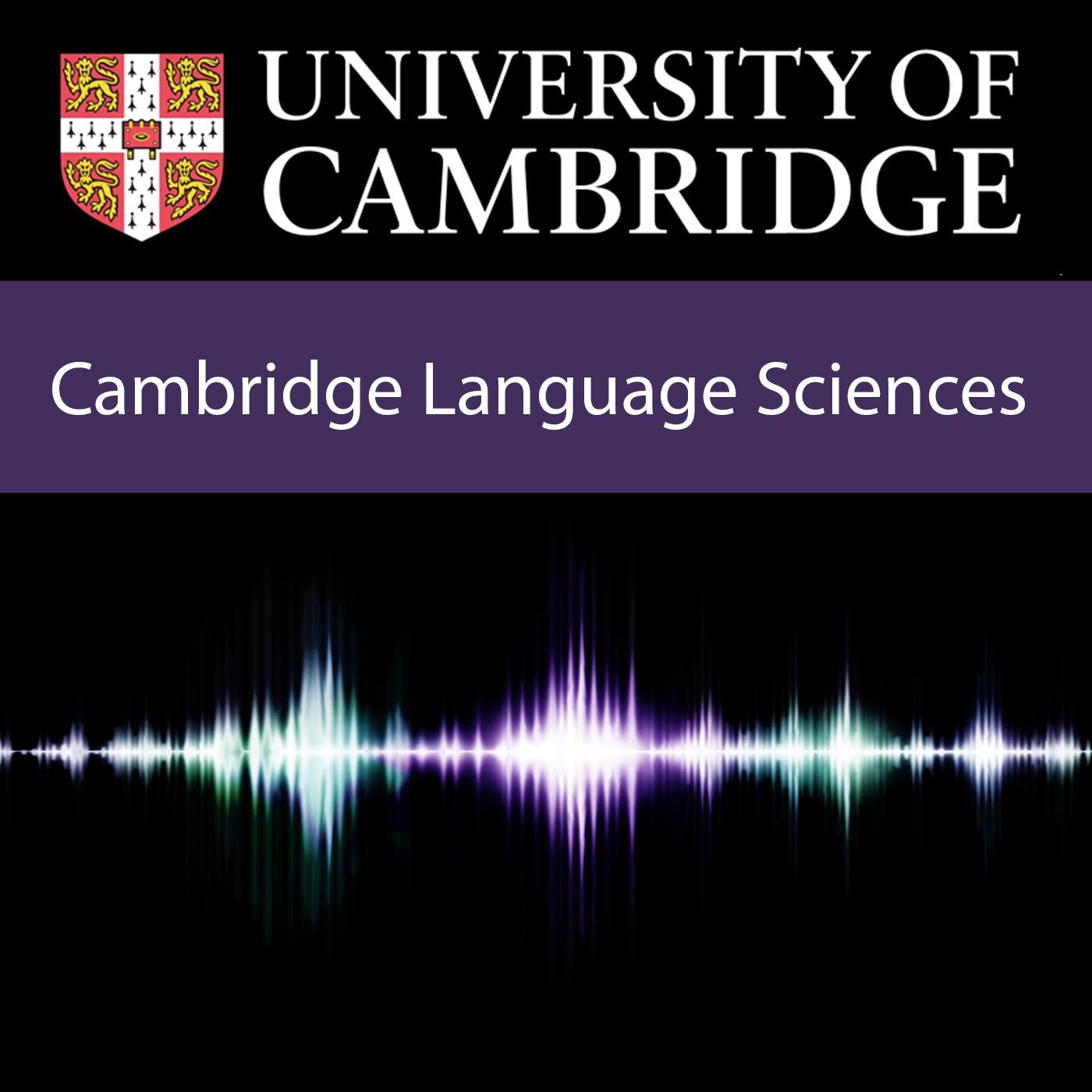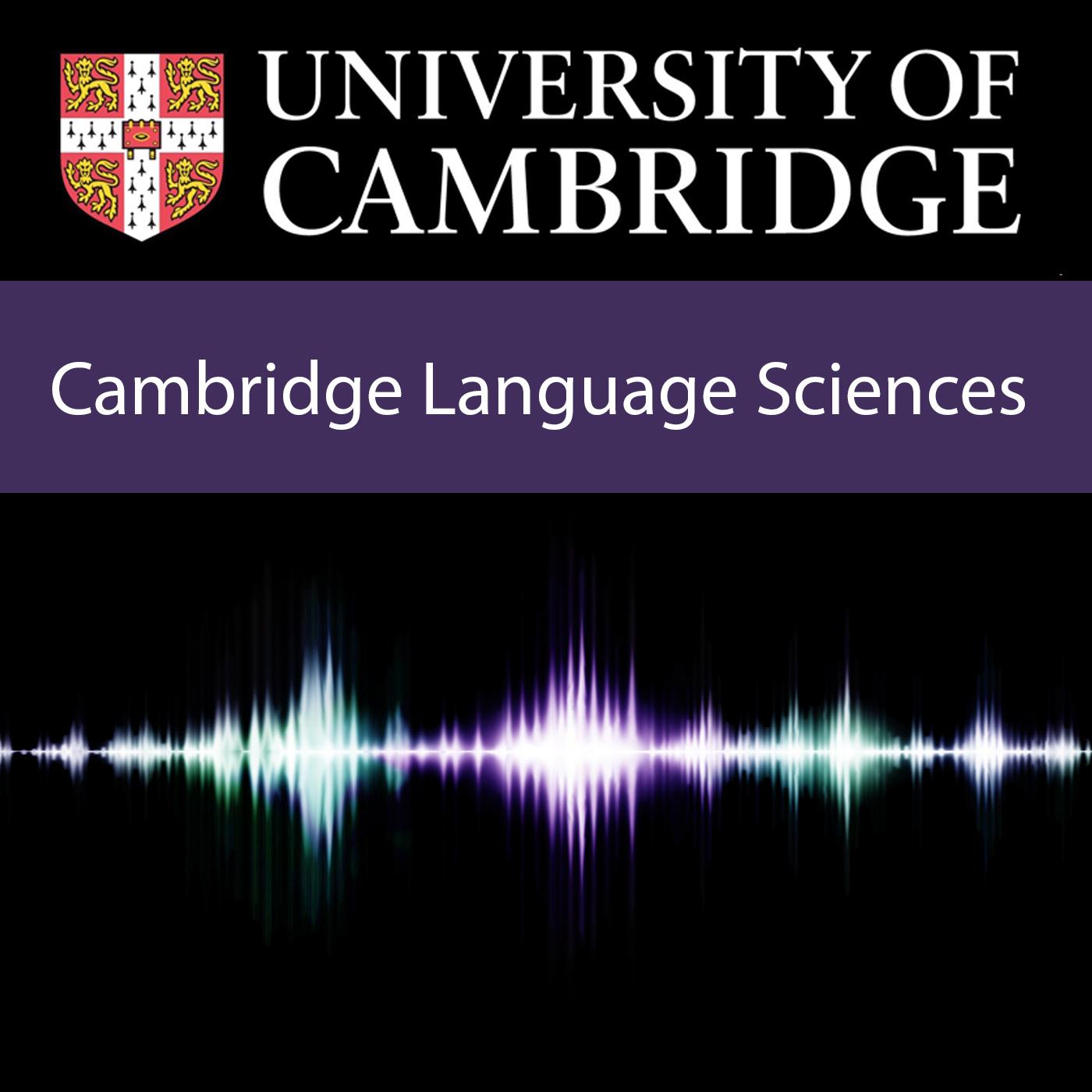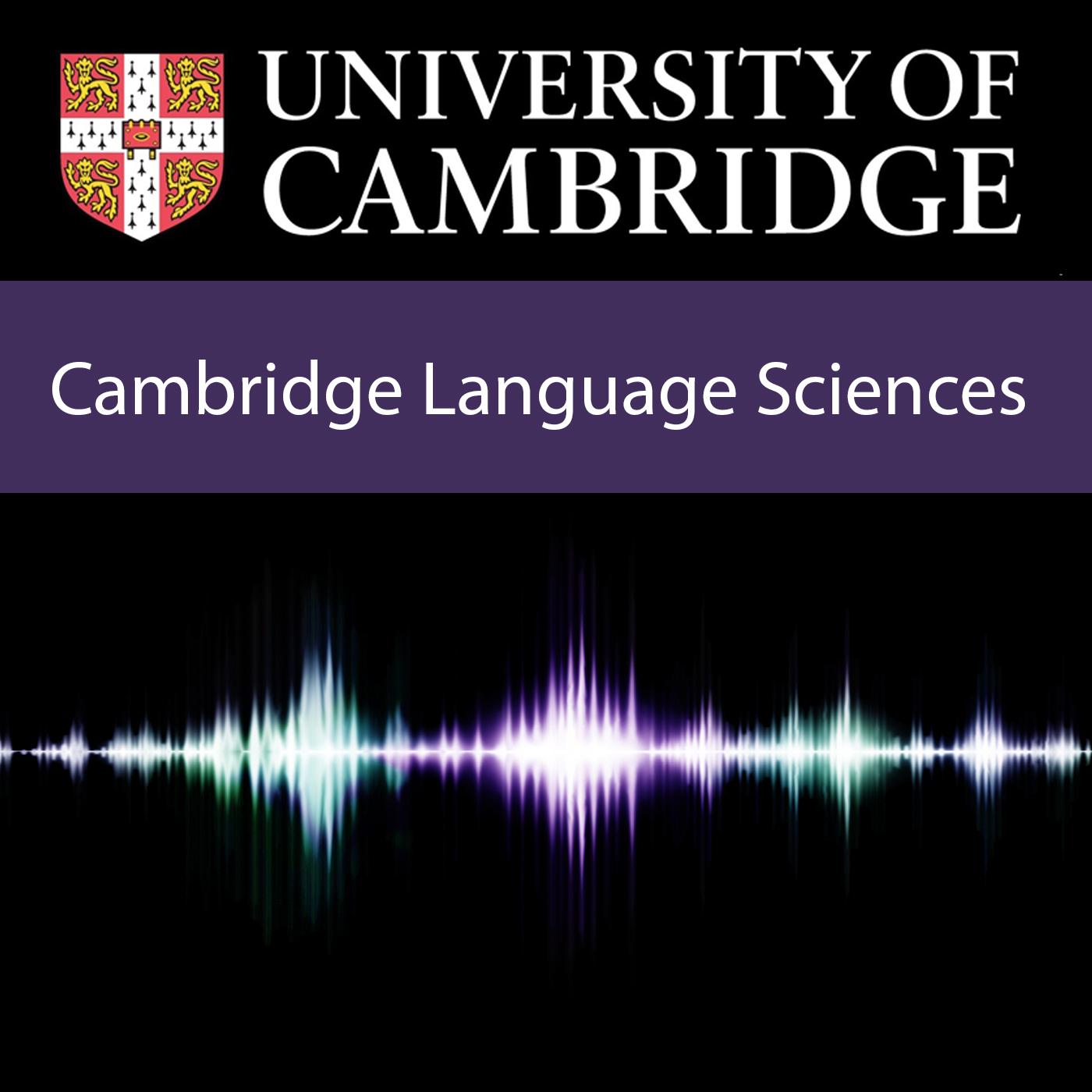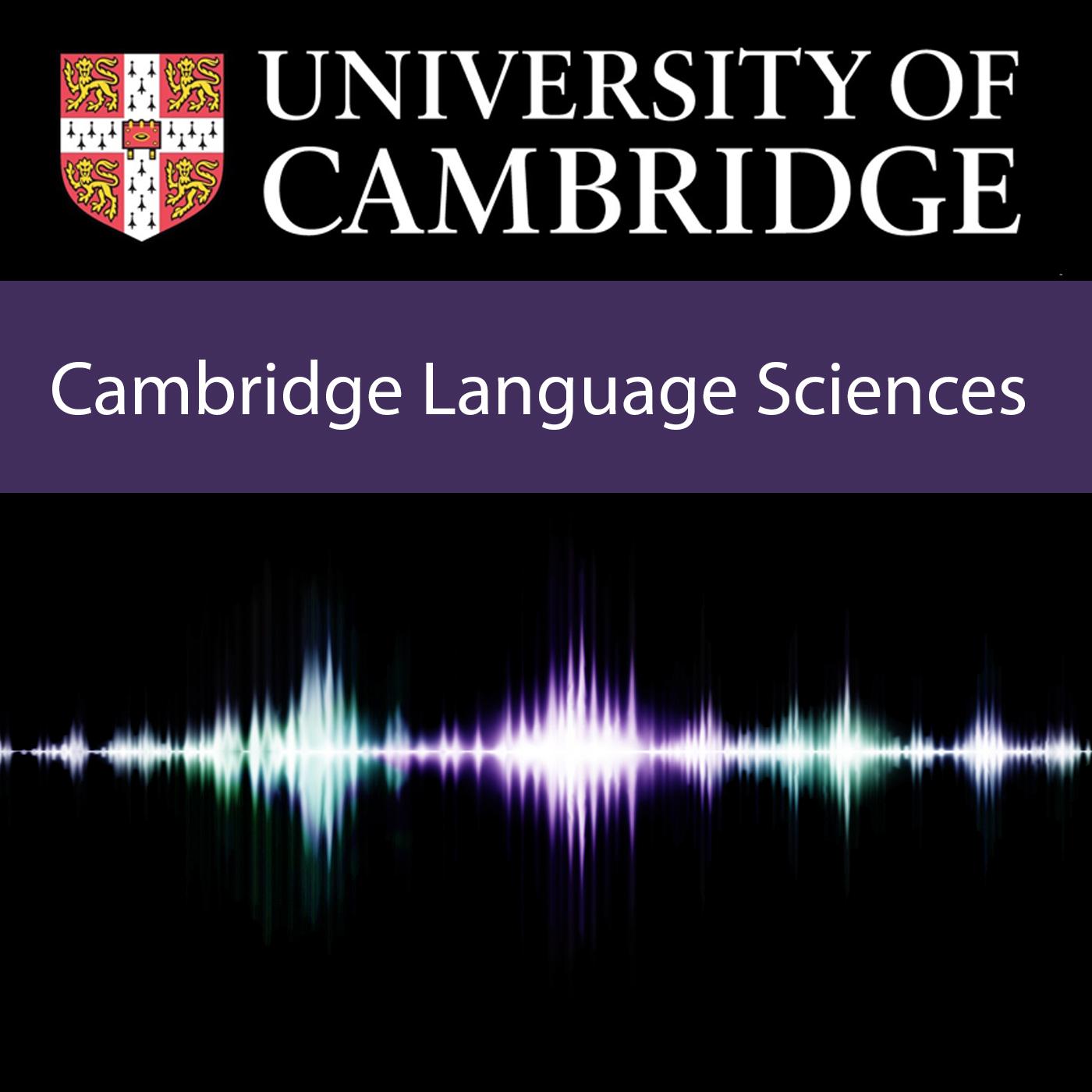Atypical language development in children
Update: 2021-12-01
Description
'Dyslexia as a Window into Language', Maria Teresa Guasti Università di Milano-Bicocca
Recent research has uncovered deficits with rhythmic processing in children and adults with developmental dyslexia (DD) and an association between these deficits and reading. Other studies show a link between rhythm perception and grammar, and that children with DD often display language problems beyond weaker phonological skills. The literature also reveals that children with DD experience fine and gross motor problems.
This research reveals a comorbidity of different deficits in individuals with DD, which seem to have a common thread. Reading, language, and motor activities are all activities that unfold in time and in which the single acts are interdependent. As such, they all involve “co-articulation” in a broad sense; that is, what one does at time N is influenced or somehow linked by what one has to do at time N+1. In other words, to co-articulate, one needs to be in an anticipatory or predictive modality; that is, she must be ready to act in the single precise moment WHEN it is required. But one can anticipate/predict only if rhythmic principles regulate the behaviour.
In our view, rhythm is a key to understanding what goes awry in individuals with dyslexia. We propose that a deficit in the anticipatory mechanism impairs reading, some motor activity, handwriting, rhythmic processing and language. We provide evidence that individuals with dyslexia have anticipation/prediction deficits, explaining why these deficits affect reading. Anticipation skills allow us to deal with timing and require a hierarchical organization, as we find in language and motor activities. We speculate that anticipation is a mechanism that has been recruited by language to linearize our internal thoughts, which must be hierarchically organized.
'Beyond the label: A transdiagnostic approach to understanding cognitive difficulties in childhood', Duncan Astle, MRC Cognition & Brain Sciences Unit, Cambridge
As our cognitive skills develop differences gradually emerge between individuals. Some of these differences can act as barriers to learning, for example phonological processing skills and executive functions have both been linked to difficulties in reading and maths, respectively. But how much are our conclusions influenced by who we study? The traditional approach to studying neurodevelopment difficulties is to recruit children with a diagnosis, or screen children according to a particular diagnostic standard. What could be learned with a more inclusive recruitment strategy?
We collected a transdiagnostic sample that aimed to capture the broad mixed population of children in the community at neurodevelopmental risk. Using a simple machine learning approach we were able to identify the different cognitive profiles that exist within this cohort, including a large subgroup of children with more selective difficulties in phonological processing. These difficulties extend to all tasks that require phonological decoding – such as phonological decoding, verbal short-term or working memory. These cognitive differences generalise. Their parents also report substantial difficulties with the structural elements of language, like syntax. However, this data-driven mapping has no overlap with formal diagnostic status.
We next explored the neural mechanisms that give rise to these differences in cognitive profile, by creating structural neuroimaging to explore study different features of macroscopic brain organisation. We subsequently developed a computational framework, using generative network modelling (GNM), to model these emergent differences in brain organisation. Relatively subtle changes within the wiring rules of this computational framework give rise to differential developmental trajectories, because of small biases in the preferential wiring properties of different brain regions. Finally, we were able to use this GNM to implicate the molecular and cellular processes that govern these different growth patterns.
Recent research has uncovered deficits with rhythmic processing in children and adults with developmental dyslexia (DD) and an association between these deficits and reading. Other studies show a link between rhythm perception and grammar, and that children with DD often display language problems beyond weaker phonological skills. The literature also reveals that children with DD experience fine and gross motor problems.
This research reveals a comorbidity of different deficits in individuals with DD, which seem to have a common thread. Reading, language, and motor activities are all activities that unfold in time and in which the single acts are interdependent. As such, they all involve “co-articulation” in a broad sense; that is, what one does at time N is influenced or somehow linked by what one has to do at time N+1. In other words, to co-articulate, one needs to be in an anticipatory or predictive modality; that is, she must be ready to act in the single precise moment WHEN it is required. But one can anticipate/predict only if rhythmic principles regulate the behaviour.
In our view, rhythm is a key to understanding what goes awry in individuals with dyslexia. We propose that a deficit in the anticipatory mechanism impairs reading, some motor activity, handwriting, rhythmic processing and language. We provide evidence that individuals with dyslexia have anticipation/prediction deficits, explaining why these deficits affect reading. Anticipation skills allow us to deal with timing and require a hierarchical organization, as we find in language and motor activities. We speculate that anticipation is a mechanism that has been recruited by language to linearize our internal thoughts, which must be hierarchically organized.
'Beyond the label: A transdiagnostic approach to understanding cognitive difficulties in childhood', Duncan Astle, MRC Cognition & Brain Sciences Unit, Cambridge
As our cognitive skills develop differences gradually emerge between individuals. Some of these differences can act as barriers to learning, for example phonological processing skills and executive functions have both been linked to difficulties in reading and maths, respectively. But how much are our conclusions influenced by who we study? The traditional approach to studying neurodevelopment difficulties is to recruit children with a diagnosis, or screen children according to a particular diagnostic standard. What could be learned with a more inclusive recruitment strategy?
We collected a transdiagnostic sample that aimed to capture the broad mixed population of children in the community at neurodevelopmental risk. Using a simple machine learning approach we were able to identify the different cognitive profiles that exist within this cohort, including a large subgroup of children with more selective difficulties in phonological processing. These difficulties extend to all tasks that require phonological decoding – such as phonological decoding, verbal short-term or working memory. These cognitive differences generalise. Their parents also report substantial difficulties with the structural elements of language, like syntax. However, this data-driven mapping has no overlap with formal diagnostic status.
We next explored the neural mechanisms that give rise to these differences in cognitive profile, by creating structural neuroimaging to explore study different features of macroscopic brain organisation. We subsequently developed a computational framework, using generative network modelling (GNM), to model these emergent differences in brain organisation. Relatively subtle changes within the wiring rules of this computational framework give rise to differential developmental trajectories, because of small biases in the preferential wiring properties of different brain regions. Finally, we were able to use this GNM to implicate the molecular and cellular processes that govern these different growth patterns.
Comments
In Channel








